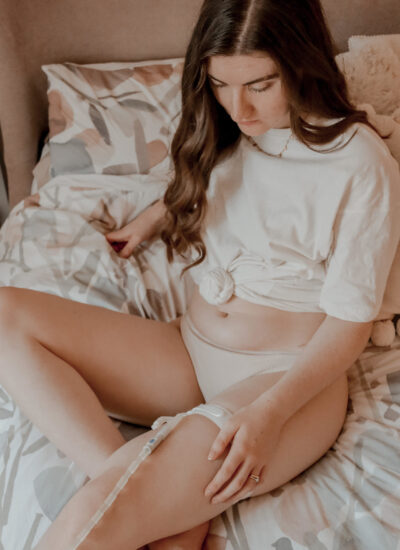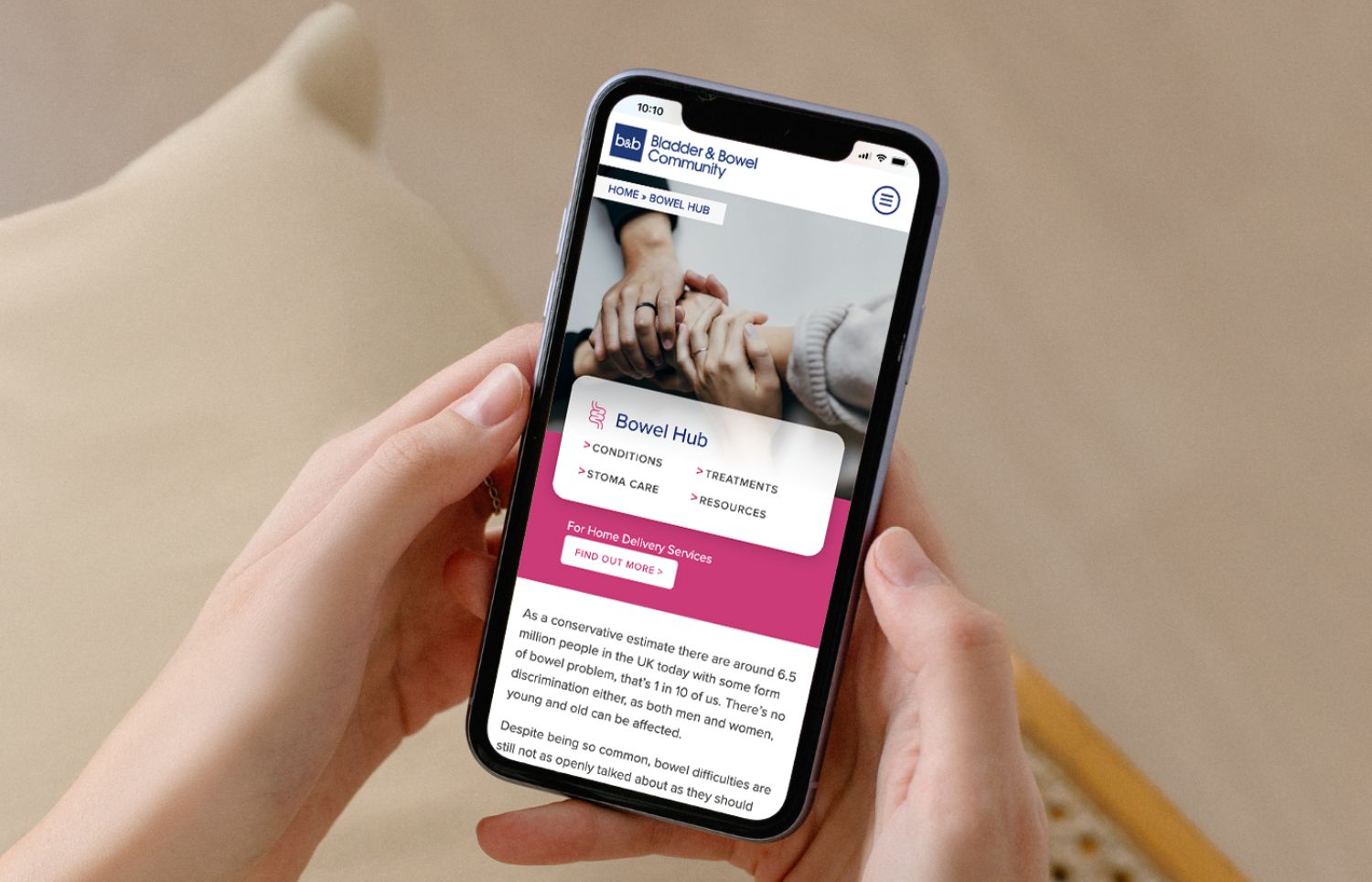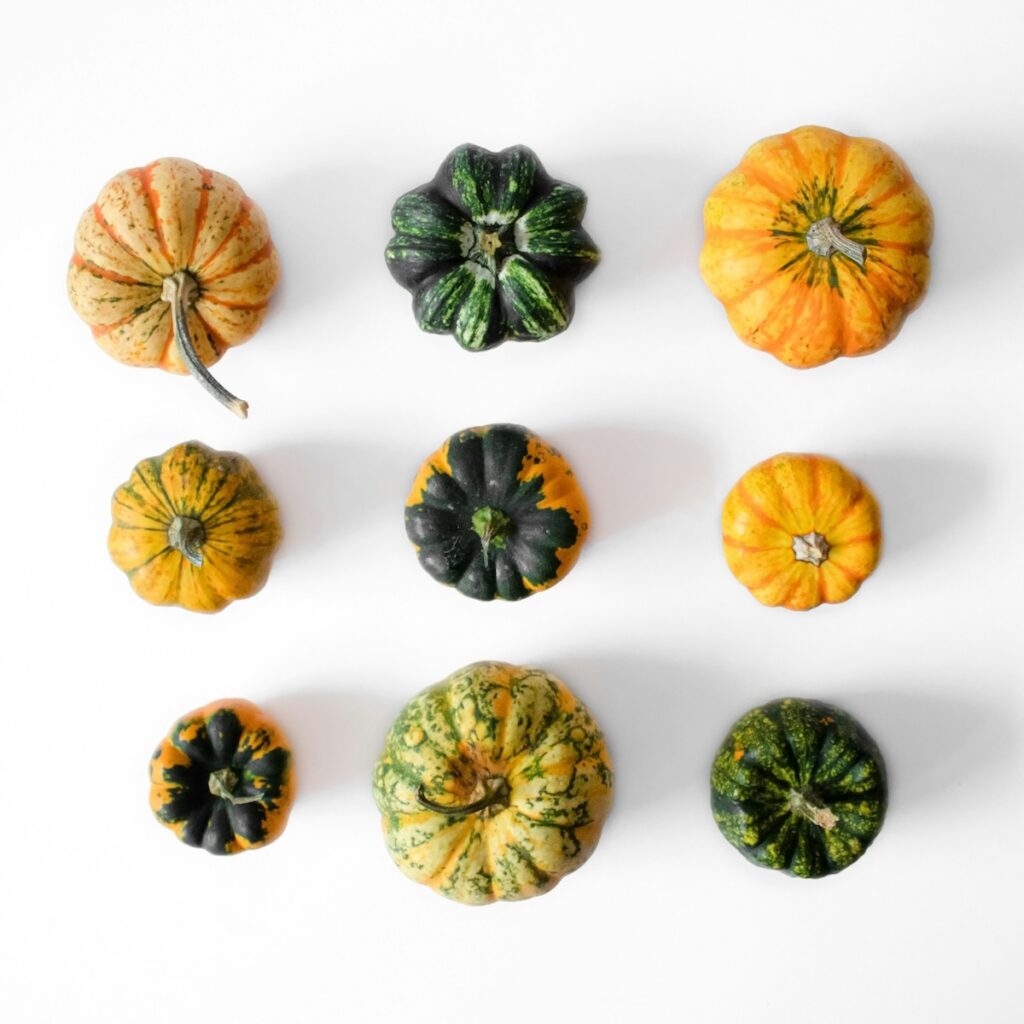
Abbie Stapleton, 25 from St Neots in Cambridgeshire suffered with crippling periods, bladder and general pelvic pain before being diagnosed with endometriosis and Fowler’s Syndrome. Abbie currently uses intermittent catheter to manage her bladder issues. Here’s Abbie tells Bladder and Bowel Community her story.
Abbie, thanks for talking to the Bladder and Bowel Community…
Can you tell me a little about your endometriosis diagnosis and how this has led you to needing to use catheters?
I have suffered with extremely painful periods since the age of 15, however whenever I sought medical help for the pain, I was constantly told the pain was “normal” and that “it was just something as a woman I had to endure”. It wasn’t until my pelvic pain became chronic, as well as dealing with pain during sex, pain, when passing urine, pain opening my bowels and severe fatigue that endometriosis started being investigated. By September 2020, my symptoms had got so bad that I was mostly housebound and required an admission to hospital to work out why I was having such severe kidney pain. I went down for an ultrasound where I had to fill my bladder up to capacity, which resulted in a lot of pain and was the first time I went into full urinary retention – I could not empty my bladder. My retention had got so bad that my right kidney went into hydronephrosis (where the urine backflows back into the kidney because of the bladder being so full). I required an indwelling catheter and ended up being discharged home with a catheter in situ for a week. This was the start of many episodes of urinary retention, hospital visits and indwelling catheters, which then led to making the decision to self catheterise. I was also recently given a confirmed diagnosis of Fowler’s Syndrome, which explains the cause of my urinary retention.
How did you find out that you had endometriosis? Did you experience any symptoms that led to your diagnosis?
As I said previously, I suffered with extremely painful and heavy periods for 10 years pre-diagnosis which led me to missing school, university and work. I wouldn’t be able to leave my bed for at least three days, despite being on strong pain relief and the pain would be so severe that I would faint or vomit multiple times during my period. Over the years I started to develop other symptoms like ovulation pain, pain during sex, pain passing urine, pain before, during and after opening my bowels, IBS like symptoms (constipation and diarrhoea), back pain, leg pain, severe fatigue, nausea, chronic pelvic pain and depression.
I started being investigated seriously for endometriosis in December 2018 when my pain became chronic, but before my GP mentioned this to me, I didn’t really know what it was. I went away and researched, I learnt everything I needed to know about endometriosis through Endometriosis UK and other advocates on social media. When I started reading about it, I knew that I had it, there was no doubt in my mind!
I was referred to a general gynaecologist, who unfortunately immediately dismissed me. She told me that I was “too young to have severe Endometriosis” and “because I was on the pill and my symptoms weren’t cyclical, I probably just had IBS”. However I pushed for an MRI scan to see if there was anything going on and the results came back in May 2019 saying I had severe Endometriosis, adhering my uterus, bowel and left ovary together, as well as recto-vaginal endometriosis. I went on to see an endometriosis specialist after this, for further intervention.
What treatments have you had or are ongoing for endometriosis?
I had access to endometriosis excision surgery in December 2020, which was incredible and has helped a lot with my endometriosis pain. I am also under the pelvic floor physiotherapy team and pain team who offer me various medications and treatments to help with the ongoing chronic pelvic pain I have.
What type of catheters have you used/ are you currently using?
I am currently self catheterising with a size 10 intermittent catheter, I have tried a few different sizes, however these have been the most comfortable for me.
What has been the hardest aspect of going through using catheters.
For me it’s been the pain and bladder spasms that come with self catheterising. Sometimes it’s manageable, but other times it’s painful. It’s definitely a mental battle too, especially when it’s proving a challenge. It can be hard when you think about the fact that catheters have become a part of your life and will remain in your life forever! That’s a difficult concept to wrap your head around, you find yourself grieving the life you had before catheters.
Were you provided with any information about how to use catheters following your diagnosis?
Initially no, when I was discharged from hospital with an indwelling catheter in situ for a week, I was given minimal information – I was quickly shown how to change the bag and rushed out the door. It left me feeling so confused, worried and unsure of how to safely look after myself with a catheter. I ended up asking one of my friends, who was a nurse at the time, to come round and talk me through it all. I was sent home with no information, no leaflets and just one day bag and a few night bags to last me until the community nurses were due to come out.
However, it was completely different when I learnt to self catheterise – I was given lots of helpful information and leaflets about the type of catheters to use, I was shown and helped with doing it myself, given lots of support and access to the nurse led urology clinic, which was something that made my experience with self catheterising a lot easier.
Do you have access to a urology specialist/ clinic to help you manage symptoms?
Yes I have access to the Nurse-Led Urology Clinic at one of my local hospitals, who I can see if I have any issues with self catheterising and who helped me initially. I also have an Urology team at UCLH in London who manage my Fowler’s Syndrome diagnosis. I have appointments with them about twice a year to check in with me and discuss any changes in my treatment plan/options.
Has needing to use catheters had an effect on you and on any of your relationships with others?
It’s definitely been a learning curve, both mentally and physically. At times I’ve felt a lot of anxiety about catheterising, especially in public/when I’m out and about. It can feel really overwhelming when you think about the prospect of needing to use catheters long term. Eventually I got used to it – you think less about how to physically do it and it becomes second-nature, the anxiety slowly lifts and it does become easier.
It also made me feel really alone for a while, as I didn’t know anyone in my life who catheterised, I felt like I was the only person going through this! But I have since found others on social media who have Fowler’s Syndrome and/or Endometriosis and use catheters. The Bladder & Bowel Community is great too, it’s definitely helped me realise I’m not alone in this.
Do you think there’s enough information out there for someone who needs to use catheters?
I think a mix of both, personally I think the information provided by hospitals about catheterisation is limited. The leaflets given to us are mostly aimed towards older/elderly patients, which can leave us feeling lonely and confused, especially if you are young. However the information provided online is great! Communities like Bladder & Bowel, charities, support groups and advocates for chronic illnesses/catheterisation are amazing and have helped in my own personal journey. The online space has provided me with a lot – hope that this will get easier, knowledge and information about catheterising and people to talk to, which makes me feel a little bit less alone!
Further Information
Navigating life with a catheter can feel overwhelming at times, which is why the Bladder and Bowel Community have launched a Catheter Care guide to help answer those tricky answers that you may have. Follow the conversation on Social Media with #CatheterWeek and get involved with any comments you may have.
Download your Catheter Care Guide here.
If you use intermittent catheters, you may benefit from trying different types as some will suit you more than others. Lo Fric Elle Catheters are a type of self catheter designed for the female body, the discreet, slim design with a unique handle improves control, grip and hygiene.
To order your FREE sample, click here.








